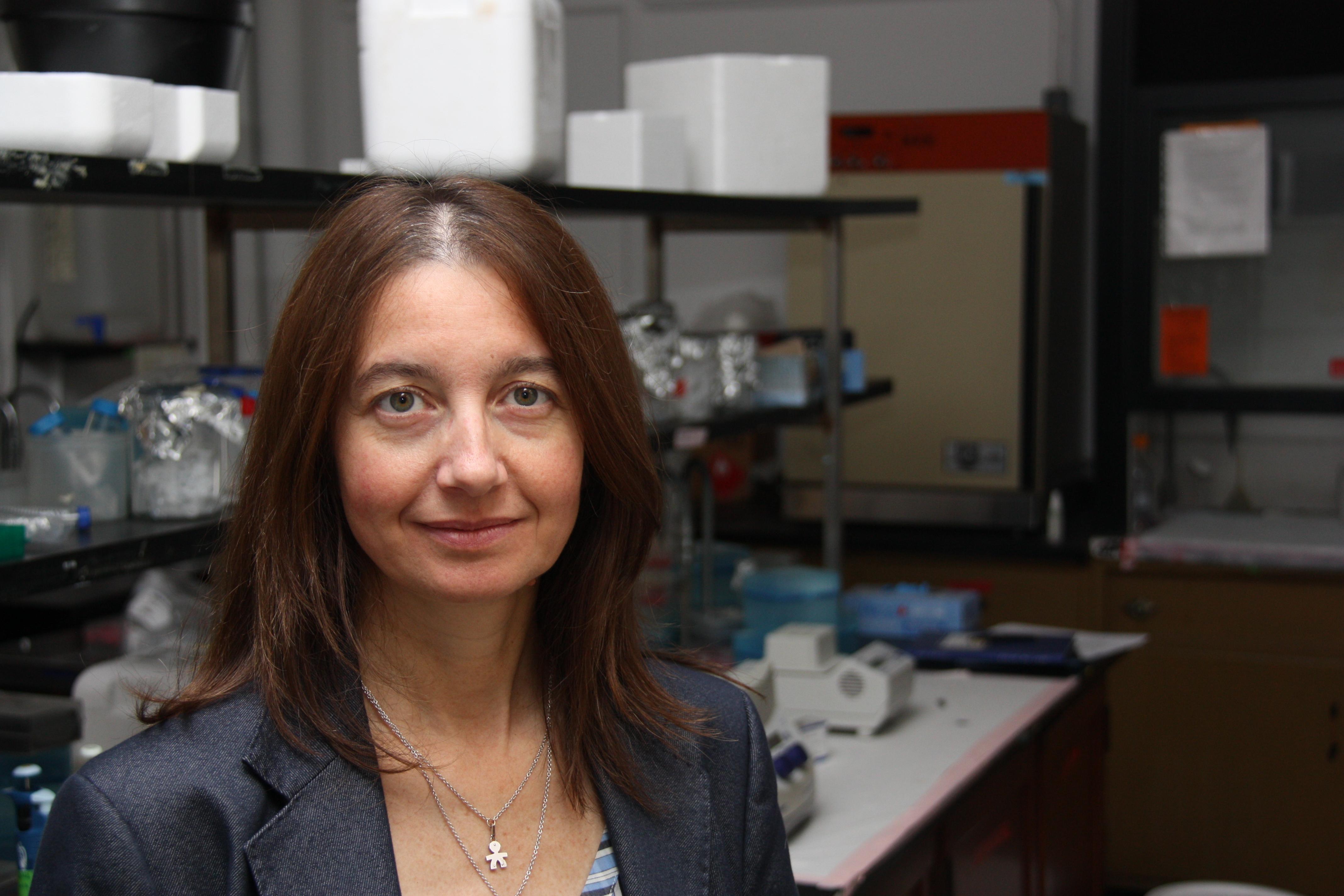Mobile Menu
- About Us
- Research
- Education
- Policy & Data
- News
- Resources
- Giving
 We have 10 times more microorganisms living in and on our bodies than the number of our own cells; the largest and most diverse community of microorganisms resides in our intestines and is called the gut microbiome. The microbiome affects almost every aspect of human health, and many scientists consider it an additional organ. Professor Elena Comelli, the Lawson Family Chair in Microbiome Nutrition Research, explores the complex nature of this community of microorganisms in health and disease.
We have 10 times more microorganisms living in and on our bodies than the number of our own cells; the largest and most diverse community of microorganisms resides in our intestines and is called the gut microbiome. The microbiome affects almost every aspect of human health, and many scientists consider it an additional organ. Professor Elena Comelli, the Lawson Family Chair in Microbiome Nutrition Research, explores the complex nature of this community of microorganisms in health and disease.
Our microorganisms serve us in many ways. One of their main functions is to help us digest food. There are some carbohydrates that we simply can’t process on our own. The bacteria in our gut break down these ‘tough nutrients’ into substances that we can absorb. The army of microbes in our gut also helps produce vitamins, contributes to mineral absorption and strengthens our immune system.
Not all microbes are helpful, but there is a healthful microbiome balance, where the helpful microbes outnumber and reduce the adverse effects of the harmful ones. The microbiome is particularly important in children. “When we are born, we do not have this complex community yet,” says Comelli. “As newborns, our guts are practically sterile. But we acquire it very rapidly, in the first two to three years of life. So it is critical that we have the ‘right’ microbiome composition from an early age because if things go wrong, we may be stuck with the ‘wrong’ one.”
Comelli leads several microbiome studies. She is looking into 'nutritional programming,' or how the mother’s diet during pregnancy and breastfeeding period impacts the offspring’s microbiome and long-term health. She is also studying probiotics — and how they work on the molecular level, and how probiotic supplements can improve digestion and overall health.
Comelli also works with another group of researchers to explore the relationship between guts and bones. Bones in obese people are more fragile, not only because of excess weight, but also due to molecular events during bone formation at a young age.
“The microbiome is critical to almost every aspect of human functioning and health,” says Comelli. “Microorganisms in the gut are qualitatively and quantitatively different in healthy and obese children. Our research will help to find out how and when is the right time to modify diets in order to reduce risk and prevent chronic disease.”
Comelli says her research interests are aligned with the mission of the Lawson Family Chair in Microbiome Nutrition Research. “Our research has strong public health implications. Hopefully it will help inform nutritional guidelines and lead to solutions that will help treat patients and prevent disease, in people of all ages.”
